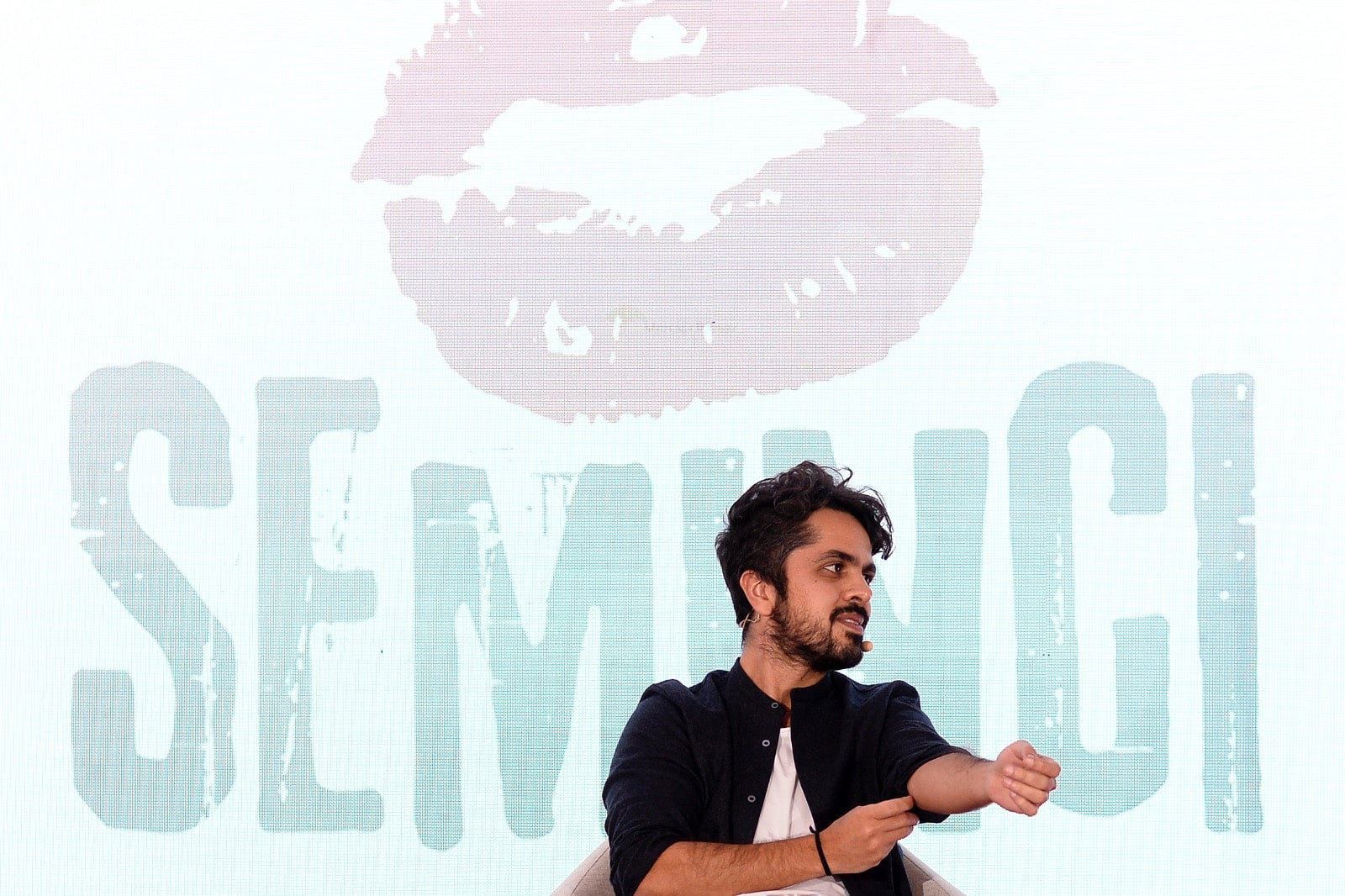Iranian director Panah Panahi, son of world-renowned filmmaker Jafar Panahi, today presented his debut film, Jadde Khaki [Hit the Road], in the Official Section of the 66th edition of the Seminci Festival, where he assured that his feature film seeks to show the world the situation in his country and the way in which people seek to escape from it in order to live in freedom.
Panahi, who said he was delighted to be present at the Week, a festival he has heard a lot about from his father who won the Golden Spike at the 48th edition with Talaye sorkh [Crimson Gold], explained that the situation of people leaving Iran is getting worse and worse. Proof of this, in addition to the migratory phenomenon, is also the situation of control and censorship of artistic creation, of cinema, which will prevent him from releasing his film in commercial cinemas in his country and, therefore, from being eligible for international awards that require it to be released.
“The film was created very quietly because, if they had found out, we would have had problems,” said Panahi, who explained that nowadays getting permission to shoot a film is very complicated in Iran, since in many cases the creator is told what to do and how to do it, something he does not agree with. That’s why filmmakers, as is his case, request a different licence, one for recording a video on the condition that they refuse to release it in cinemas.
In addition to the political and bureaucratic hurdles, Panah Panahi has also referred to the possible influences of his father on his first work. In this sense, he confessed that, although people may consider that being Jafar Panahi’s son has opened doors for him, it has been very difficult for him to try to stay away from any influence from him. But in the midst of that struggle to stay away from it, a “click” led him one day to open his mind and think that, just as his father had helped many young filmmakers, he also wanted to learn from his experience.
And despite his fears, having gone to him has not meant that their ways of seeing cinema have been mixed: his father’s style is more direct, strong and critical, reasons why “he gets into trouble,” as he assured, while his own is simpler.
The cast, made up of four main actors, took hold of his mind the very moment he wrote the script. In particular, he visualised all the actors except the boy, about whom he asked his colleagues for advice: They all pointed to the actor of a famous hit series in his home country, with whom he had a “total connection” after his first interview. “Now he’s my little friend. We have established such a strong friendship…”
In every country and every culture, the audience connects with a particular character from the cast of Jadde Khaki [Hit the Road]. But wherever it is screened, the boy gets a round of applause whenever he is seen, which Panah Panahi finds both a surprise and a joy. “I didn’t expect to be able to connect with the audience from my first film,” he admitted.



























![Logo Foro Cultural de Austria Madrid[1]](https://www.seminci.com/wp-content/uploads/2024/09/Logo-Foro-Cultural-de-Austria-Madrid1-300x76.jpg)








